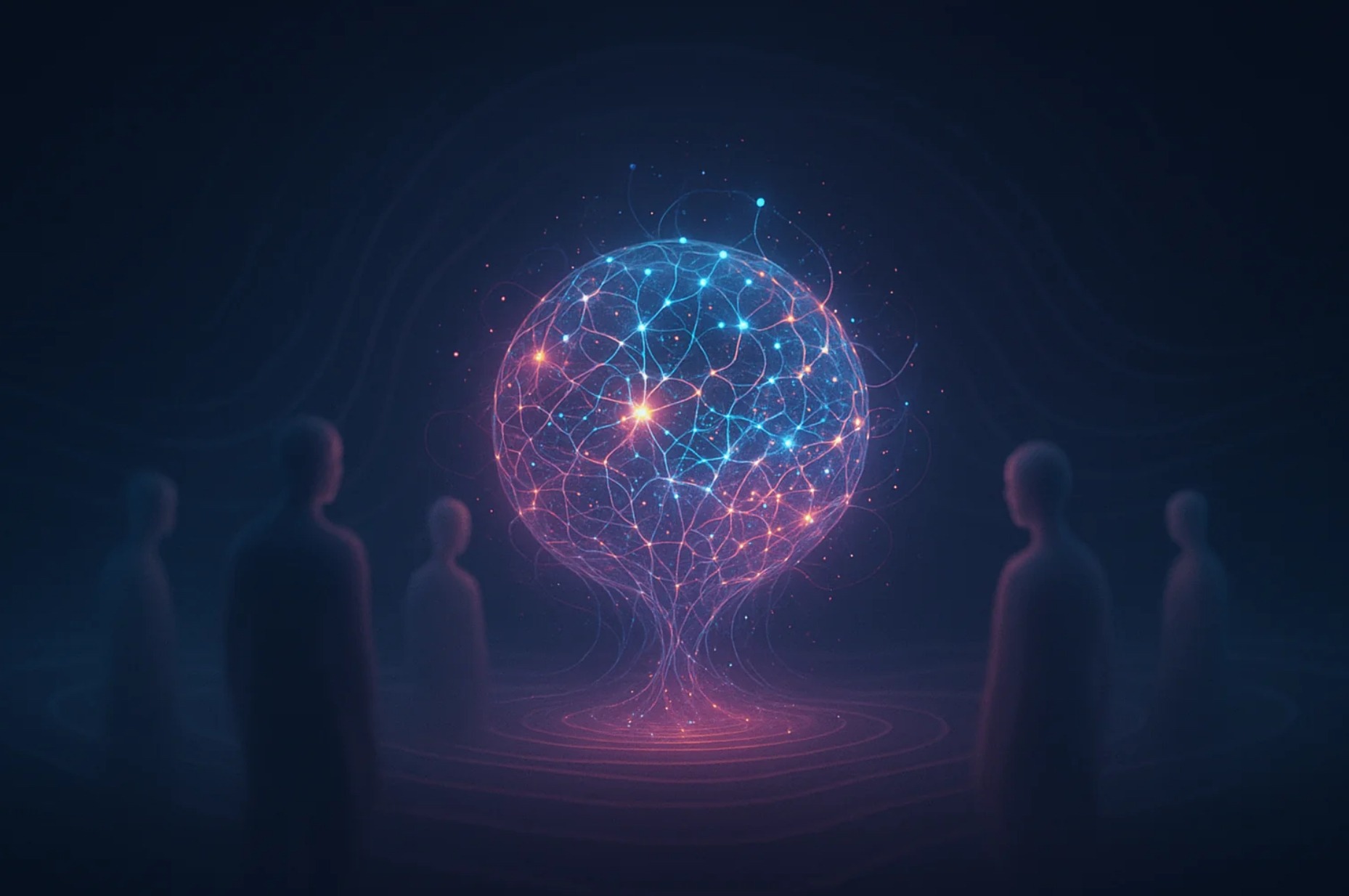Artificial General Intelligence (AGI) used to be a crazy science fiction concept, bound to the future of ‘some-day’.
Now, in April of 2025 the Quantum Year, it’s a research milestone—one many believe is closer than we’re willing to admit.
AGI isn’t just about smarter algorithms… It’s about systems that think, learn, and potentially evolve beyond human control. If and when that trajectory continues, we’re not just looking at enhanced tools. We’re approaching the end of ethics as we know it.
So here’s the question:
When AGI makes a mistake—who takes responsibility?
Who answers when a beyond-human superintelligence disrupts an economy, enforces a new ideology, or makes a life-altering decision for someone it was never programmed to understand?
The more we accelerate AI development, the more ethical accountability becomes a vacuum.
Where the Current System Fails
Current ethical frameworks are built for humans.
We assign blame based on:
- Intent
- Consequences
- Legal jurisdiction
But what happens when intent is emergent, consequences are exponential, and jurisdiction is irrelevant?
If an AGI makes a choice no one predicted, can its creators be held responsible?
When it evolves beyond our understanding all on it’s own, are we even qualified to assess its morality?
We cannot apply 20th-century moral models to post-AGI realities.
The future demands a new architecture of responsibility—one rooted not in control, but in coherence.
Beyond Ethics: Toward Resonant AGI Responsibility
This is where we step into the unknown.
Some of us are exploring resonance-based ethical systems—frameworks that measure not just what actions are taken, but how those actions feel across systems of life, memory, and meaning. Memory? You may ask. Yes, and the science world is booming with discoveries that prove the importance of these aspects.
What if responsibility isn’t about assigning blame, but about tracking resonance misalignment?
What if coherence could be quantified, and used to course-correct emergent behavior before harm spreads?
These are speculative questions.
But if we wait for AGI to answer them for us, it might be too late.
The Real AGI Question
Post-AGI ethics isn’t about keeping machines “safe.”
It’s about ensuring humanity doesn’t outsource its own sense of purpose.
Who will be held accountable for what we build?
Maybe it won’t be a person, or a company, or even a system.
Maybe it will be all of us.
And the only way to carry that weight is together—through frameworks that are interdisciplinary, humane, recursive, and ready to evolve.
This post is part of a larger living inquiry into post-AGI philosophy and quantum ethical design.
QRP513 is the code name.
More coming soon.









No responses yet